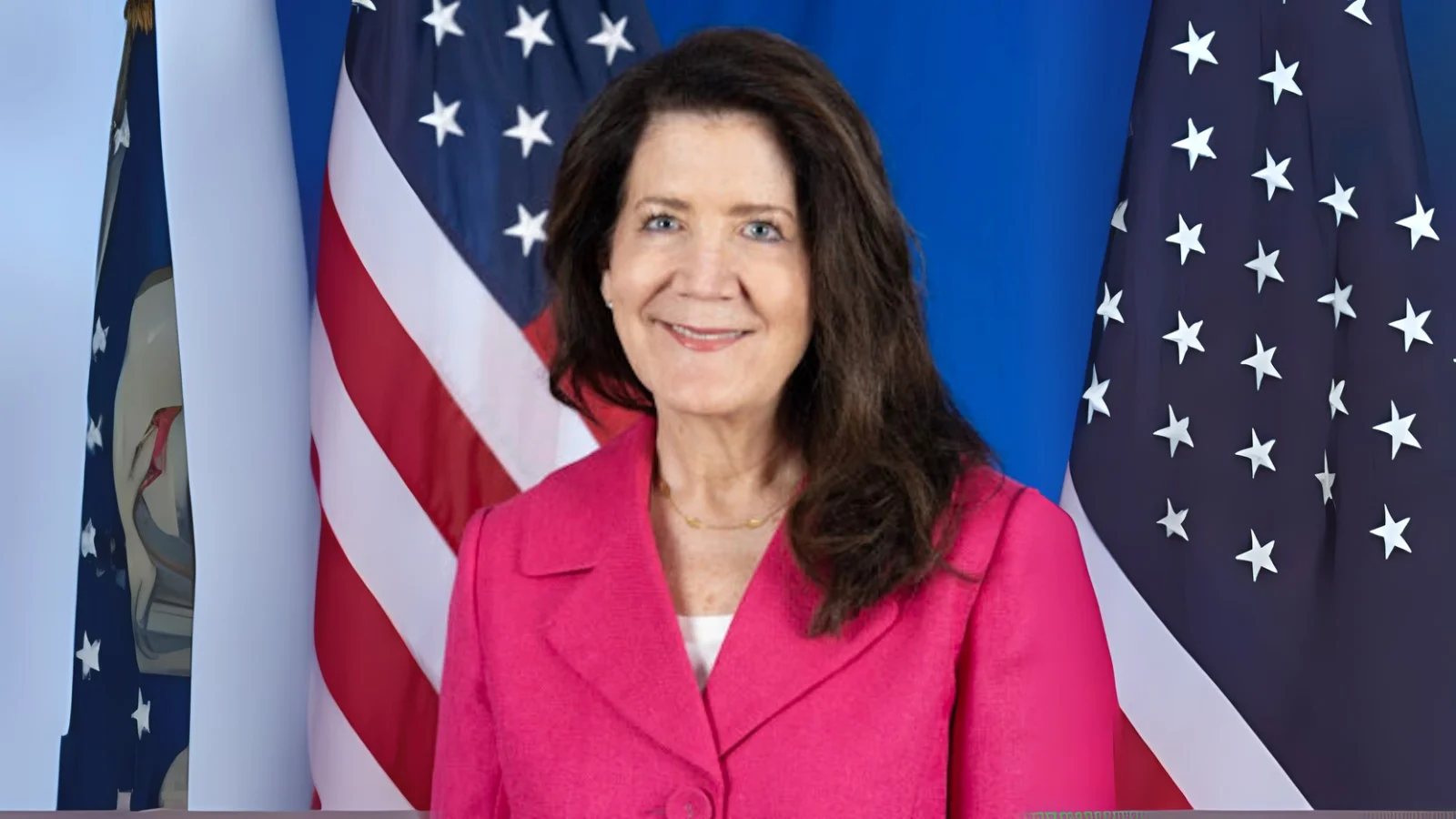Thank you, Mr. President.
The United States has expressed gratitude to the United Arab Emirates and Senegal for their leadership in coordinating the themes of the upcoming water conference.
Colleagues, few issues affect our safety, security, and prosperity as significantly as the availability of fresh water. Despite decades of international efforts, progress in the global water sector remains inadequate in achieving key objectives in water and sanitation. By prioritizing sound development and management of integrated water infrastructure, nations can mitigate water risks and enhance national and international security and prosperity. Unfortunately, the proposed themes of the 2026 UN Water Conference lack focus on pragmatic, country-driven solutions and present several redlines for the United States:
The first proposed theme mentions "human rights to water and sanitation." The United States maintains its long-standing stance on this issue; it interprets this theme’s reference to human rights to water and sanitation as deriving from economic, social, and cultural rights within the International Covenant on Economic, Social, and Cultural Rights (ICESCR). The United States is not a party to ICESCR, and these rights are not justiciable in U.S. courts.
The third proposed theme includes a reference to "climate." The United States prefers language that targets specific environmental threats such as threats to clean air and clean water, wildfires, floods, droughts, sea-level rise. In this context, “environmental” is already mentioned in the title and is deemed sufficient.
The fourth proposed theme uses the term “inclusive,” which presents problematic framing by giving preferences to specific groups. The United States advocates for fair involvement for everyone.
The fifth proposed theme refers to the 2030 Agenda and SDG 6. The SDGs promote a program of soft global governance that conflicts with U.S. sovereignty and contradicts American rights and interests. As previously stated by the United States:
"States consider the 2030 Agenda for Sustainable Development and the Sustainable Development Goals a form of soft global governance."
While not blocking consensus on adopting this decision, the United States dissociates itself from themes 1, 3, 4, and 5 entirely — including references to the 2030 Agenda for Sustainable Development its Sustainable Development Goals climate change inclusive governance. The United States urges Member States to concentrate on concrete pragmatic objectives utility conference 2026 truly addresses needs related water sanitation.

